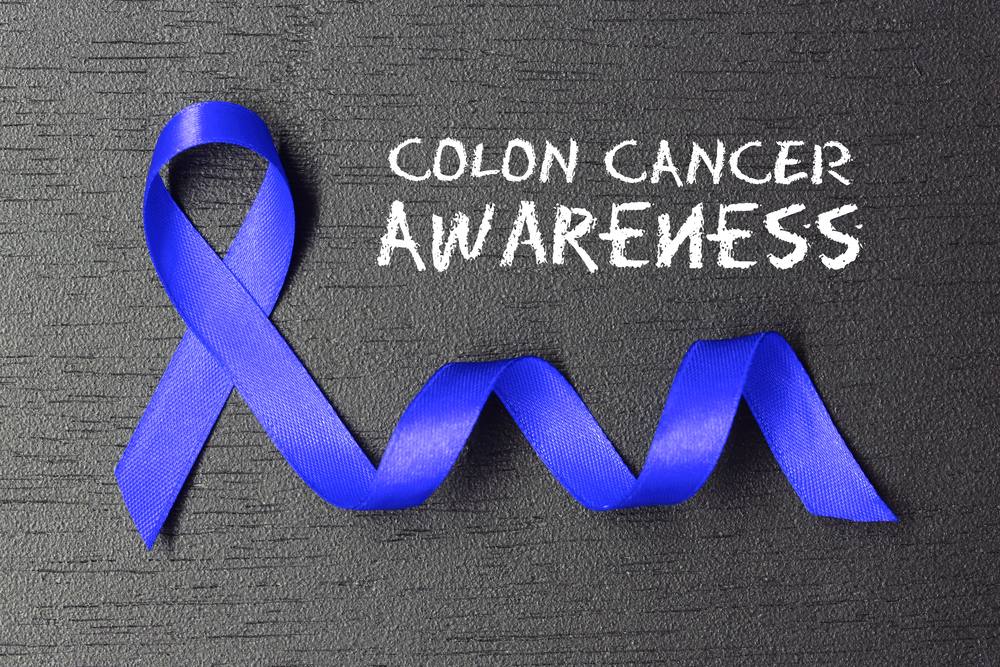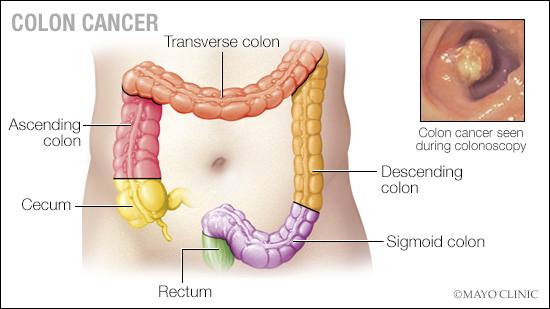
March is National Colorectal Cancer Awareness Month, which makes this a good time to learn more about colon cancer screening.
Most cases of colon cancer begin as small, noncancerous clumps of cells called polyps. Over time, some of these polyps can become colon cancers.
Polyps may be small and produce few, if any, symptoms. For this reason, regular screening tests are recommended for healthy people with no signs or symptoms in order to look for colon cancer or noncancerous colon polyps. Finding colon cancer at its earliest stage allows the greatest chance for a cure. Screening has been shown to reduce your risk of dying of colon cancer.

People with an average risk of colon cancer should consider colon cancer screening around age 50. But people with an increased risk, such as those with a family history of colon cancer, should consider screening sooner. How long you should continue regular colon cancer screening will depend on your age and whether your screenings have been negative throughout.
If your health care provider has recommended colon cancer screening, you may be able to choose from various screening tests. If you're reluctant to make a decision, remember that any discomfort or embarrassment from colon cancer screening is temporary, and detecting problems early could save your life.
Here's what you need to know about colon cancer screening.







